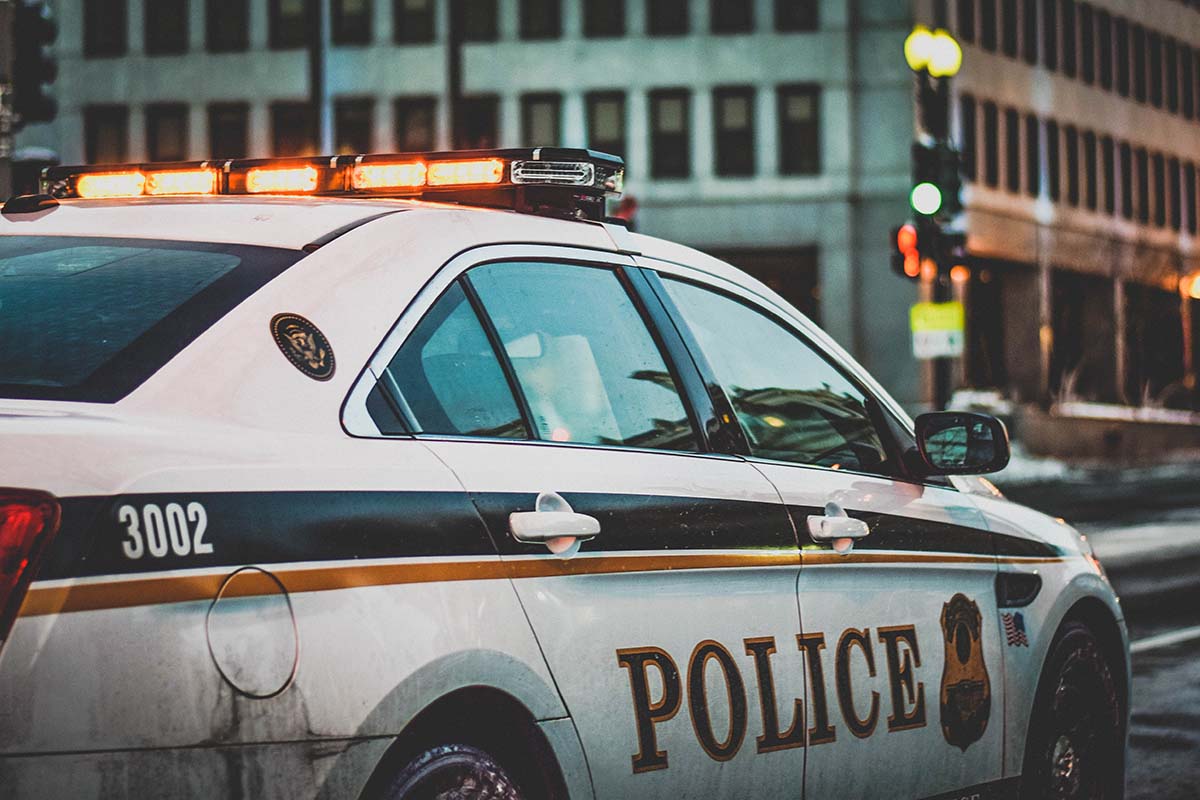Imagine you’ve worked tirelessly to create a unique brand. Then, out of the blue, you discover someone else using a strikingly similar logo or slogan. This is where a trademark attorney Orange County cases come into play. In this blog post, we’ll explore real-life examples of trademark infringement cases and the legal outcomes that shaped the fate of these brands.
Understanding Trademarks
Before we dive into the real cases, let’s first get our feet wet with some basics. A trademark is like a brand’s fingerprint. It distinguishes your product or service from others and helps consumers recognize it. Trademarks can be names, logos, symbols, or even sounds associated with a brand. When someone infringes on a trademark, it means they are using something similar to your trademark without your permission, potentially causing confusion among consumers.
Case 1: Apple vs. Samsung
The Showdown
One of the most famous trademark infringement cases involved tech giants Apple and Samsung. The battleground? Smartphones.
- Apple claimed that Samsung’s Galaxy line of smartphones and tablets closely resembled its iPhone and iPad.
- Apple argued that Samsung’s design elements, including rounded edges and grid icons, were a little too familiar.
The Outcome
In 2012, a U.S. court ruled in favor of Apple, ordering Samsung to pay over $1 billion in damages for trademark infringement. This ruling sent shockwaves through the tech industry, setting a precedent for protecting brand identity.
Lesson Learned
Trademark infringement cases can have massive financial consequences, and companies must be cautious when designing their products to avoid similarities that may lead to confusion.
Case 2: Adidas vs. Skechers
The Showdown
In the world of athletic shoes, the battle between Adidas and Skechers was a hot topic. Adidas accused Skechers of copying its iconic Stan Smith tennis shoe.
- Adidas argued that Skechers’ “Onix” shoe resembled the Stan Smith, from its green heel tab to the three parallel stripes on the sides.
The Outcome
In 2016, Adidas and Skechers reached a settlement, with Skechers agreeing to pay an undisclosed amount to resolve the trademark infringement lawsuit. While not as high-profile as the Apple-Samsung case, this showdown emphasized the importance of distinct branding in the fashion industry.
Lesson Learned
Even subtle similarities in design can land you in hot water. Brands should ensure their products stand out to avoid trademark disputes.
Case 3: Starbucks vs. Starbung Coffee
The Showdown
This case takes us into the world of small businesses. A coffee shop in Bangkok, Thailand, named Starbung Coffee, was slinging lattes and cappuccinos, catching the eye of Starbucks.
- Starbucks felt that Starbung Coffee’s name and green-and-white logo were too close to its own.
- They claimed that the resemblance could confuse consumers and damage their brand.
The Outcome
In 2013, the Thai court ruled in favor of Starbucks, ordering Starbung to change its name and pay damages. This case showcased that even small businesses must be vigilant in choosing their brand names and logos.
Lesson Learned
Trademark infringement isn’t limited to big corporations. Small businesses should be cautious when naming and branding to avoid costly legal battles.
Case 4: Louis Vuitton vs. My Other Bag
The Showdown
Fashion powerhouse Louis Vuitton went head-to-head with a small California-based company called My Other Bag. What was the issue? My Other Bag was producing tote bags with illustrations of famous luxury handbags on them.
- Louis Vuitton argued that these tote bags were a parody of their brand and could mislead consumers.
The Outcome
In 2016, the U.S. Court of Appeals ruled in favor of My Other Bag, stating that their totes were indeed a parody and protected by the First Amendment’s free speech rights. This case highlights the complex nature of trademark infringement cases, especially when they involve satire or parody.
Lesson Learned
Trademark law isn’t always black and white. Parody and free speech can be valid defenses against infringement claims.
Case 5: Disney vs. Deadmau5
The Showdown
You might not associate electronic music with trademark disputes, but that’s exactly what happened when Disney and DJ Deadmau5 clashed.
- Deadmau5, known for wearing a giant mouse head helmet during performances, applied for a trademark on his helmet design.
- Disney, with its iconic Mickey Mouse, claimed that Deadmau5’s helmet resembled their character and could cause confusion.
The Outcome
In 2014, Deadmau5 and Disney reached a settlement, allowing Deadmau5 to use his helmet design and Disney to continue using Mickey Mouse without further legal disputes. This case illustrates the need for negotiation and compromise in trademark infringement cases.
Lesson Learned
Sometimes, finding common ground and reaching a settlement is a more practical solution than prolonged legal battles.
Case 6: Louboutin vs. YSL
The Showdown
Luxury shoe designer Christian Louboutin is famous for his red-soled shoes. When Yves Saint Laurent (YSL) introduced red-soled shoes of its own, a legal battle ensued.
- Louboutin claimed that YSL’s red-soled shoes infringed on their trademark.
- YSL argued that you can’t trademark a color.
The Outcome
In 2012, the court ruled that Louboutin could trademark the use of red lacquered soles on high-heeled shoes with contrasting uppers. However, this protection was limited to when the red sole contrasted with the rest of the shoe. This case showed that color can indeed be trademarked under specific circumstances.
Lesson Learned
While it’s challenging to trademark colors outright, protecting unique color combinations is possible if they have become strongly associated with your brand.
Conclusion: The Power of Protecting Your Brand
Trademark tussles serve as wake-up calls, highlighting the priceless nature of your brand and the need to shield it. Whether you’re a tech behemoth, a quaint cafe, or a budding artist, spats over trademarks can ripple across your operations. Gleaning insights from real-life skirmishes can empower you to tread the trademark terrain with more assurance, making sure your brand remains distinctively yours.
Bear in mind the golden nugget from these encounters is that guarding a trademark isn’t just about clinching a courtroom victory—it’s about preserving your brand’s essence and stature. So, trademarks should always be front and center in your thoughts when sketching a product, picking out a moniker, or crafting an emblem. Your brand narrates your journey, and it deserves unwavering protection.




















